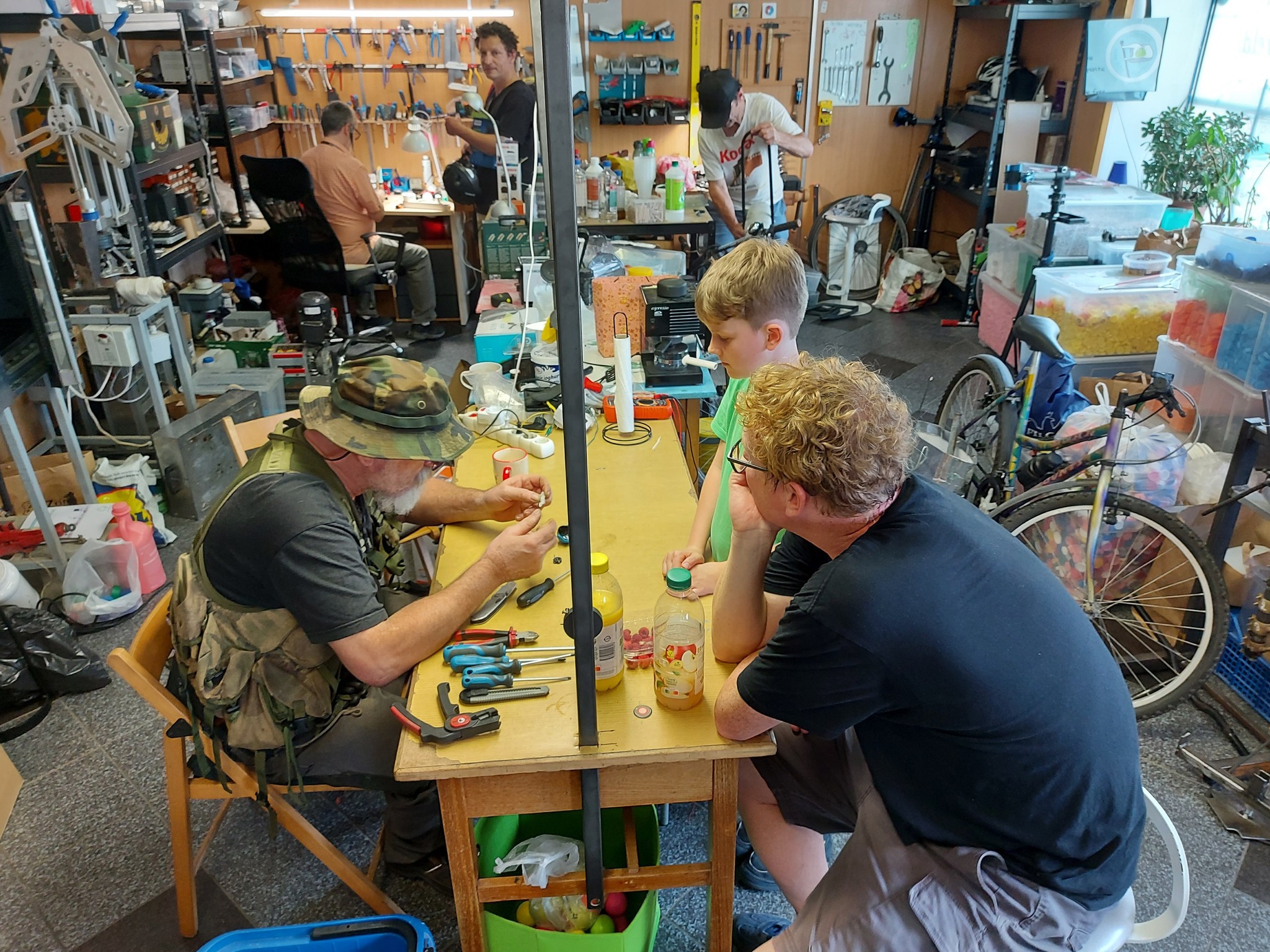
Budapest’s First Repair Café: Where Sustainability Meets Community-Building
Repair Café Budapest is Hungary’s first and only repair café, offering a collaborative space where broken household items—like toasters, bicycles, and sewing machines—are brought back

Il Mercato Lorenteggio – Accompagnamento culturale dal basso nel quartiere
Il Mercato Lorenteggio si insedia nel quartiere Giambellino-Lorenteggio nella periferia sud-ovest di Milano. L’esperienza nasce per accompagnare e valorizzare le risorse sociali e culturali di un quartiere comunemente definito ‘critico’,
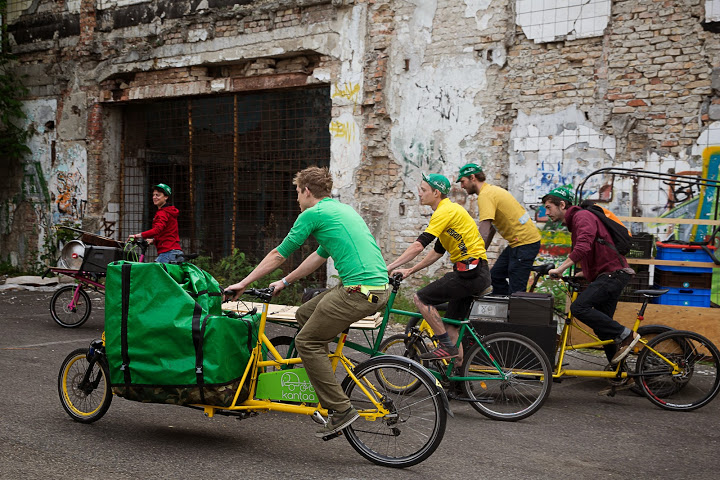
Cycling for alternative systems – The Cargonomia experiment in Budapest
In Budapest, a group of enthusiastic and passionate young people came together to mix their own ingredients, in the form of independent initiatives: an organic and biodynamic farm, Zsámboki Biokert

La Food Policy di Milano – Come le politiche pubbliche incidono sul sistema alimentare della città
Nel 2014 il Comune di Milano e Fondazione Cariplo hanno siglato un accordo per la definizione e l’adozione della Food Policy: la strategia alimentare di Milano. L’adozione è avvenuta nel
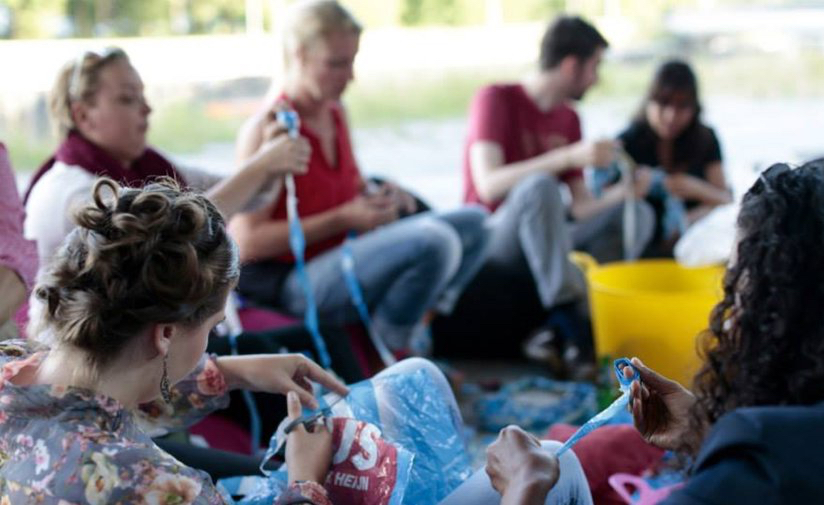
WASTED – How to create local welfare from waste management
Based in Amsterdam since 2008, CITIES Foundation has been working to address global urban development problems by implementing solutions at the local level. CITIES first research project, Farming the City, has

Ökokauf in Vienna – Procurement for sourcing ecological food
ÖkoKauf (Eco-Purchase) is an initiative of the City of Vienna, part of the Eco-Business Plan of the City, that was started in 1998 to purchase goods and services according to
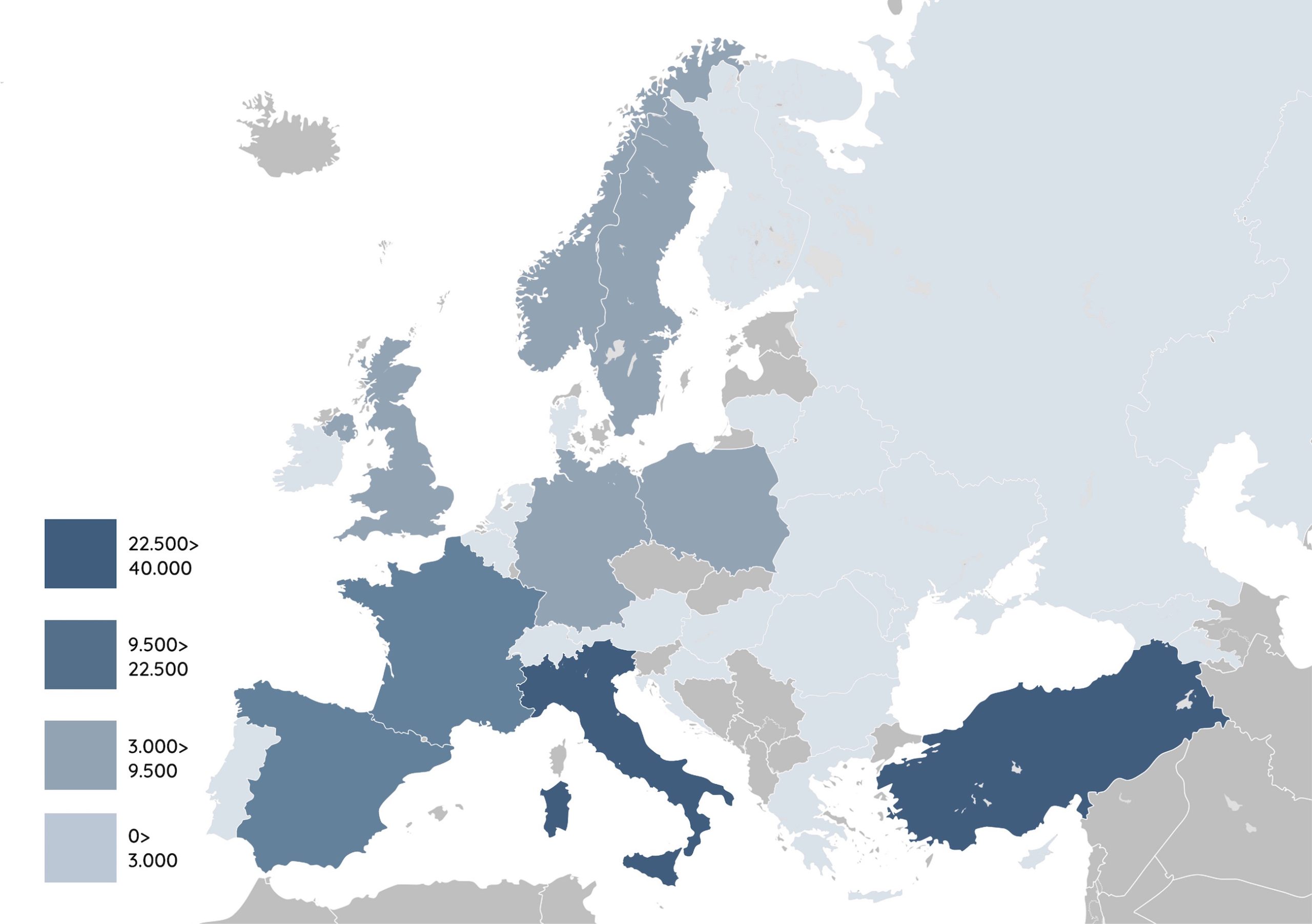
TERRITORIALISING EUROPEAN DEBATE – Preparing for the 2019 EU elections and the post-2020 funding strategy
While decisions taken in Bruxelles are increasingly recognised as affecting our daily lives, little if any discussion is taking place on what our impact on decisions of the European Commission
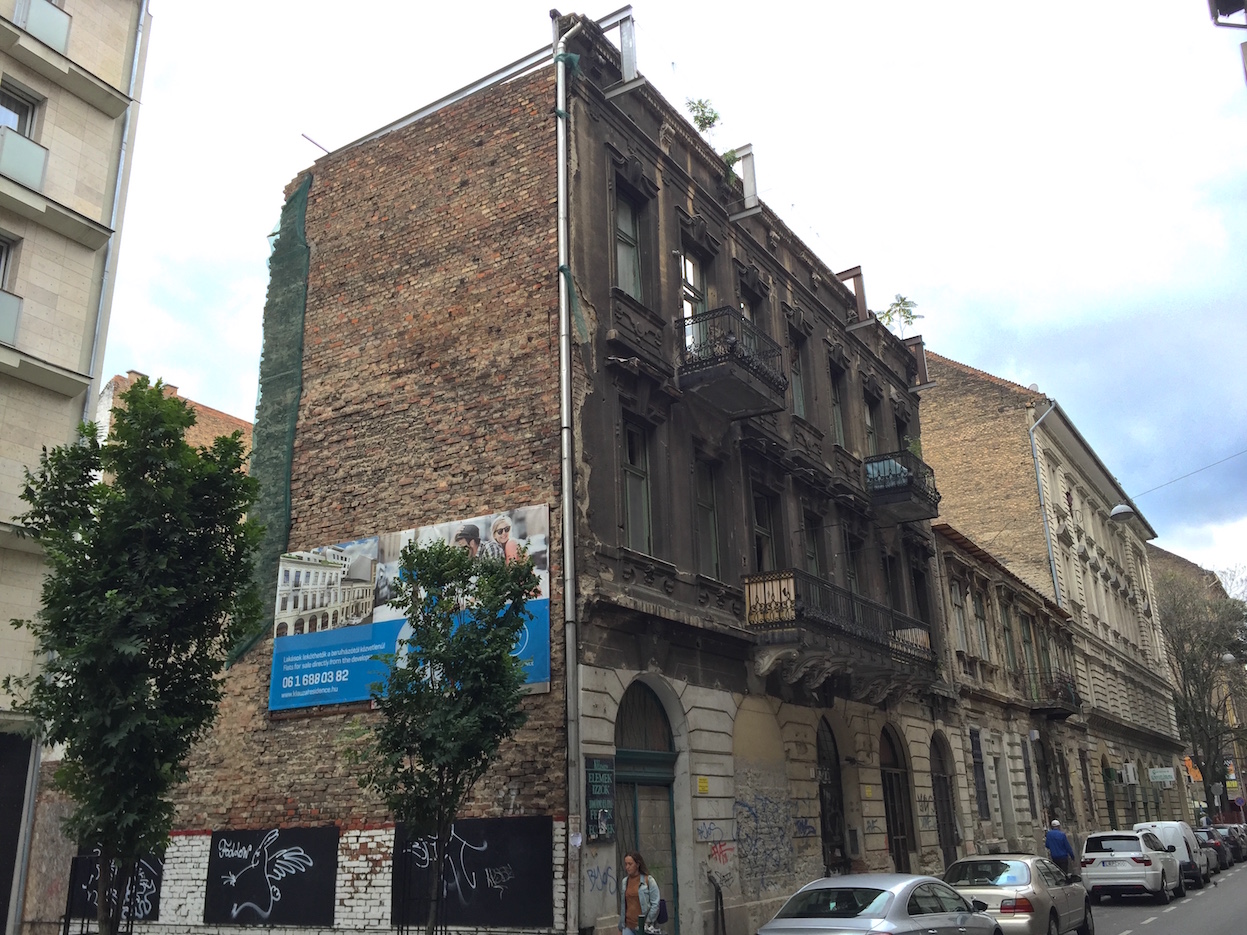
Caught between the public and the private: urban cooperative solutions in Central Europe
In the early 2000s, some cities in the Central Eastern European region began to introduce new mechanisms for citizen participation in urban development. These attempts have remained mostly sporadic however,
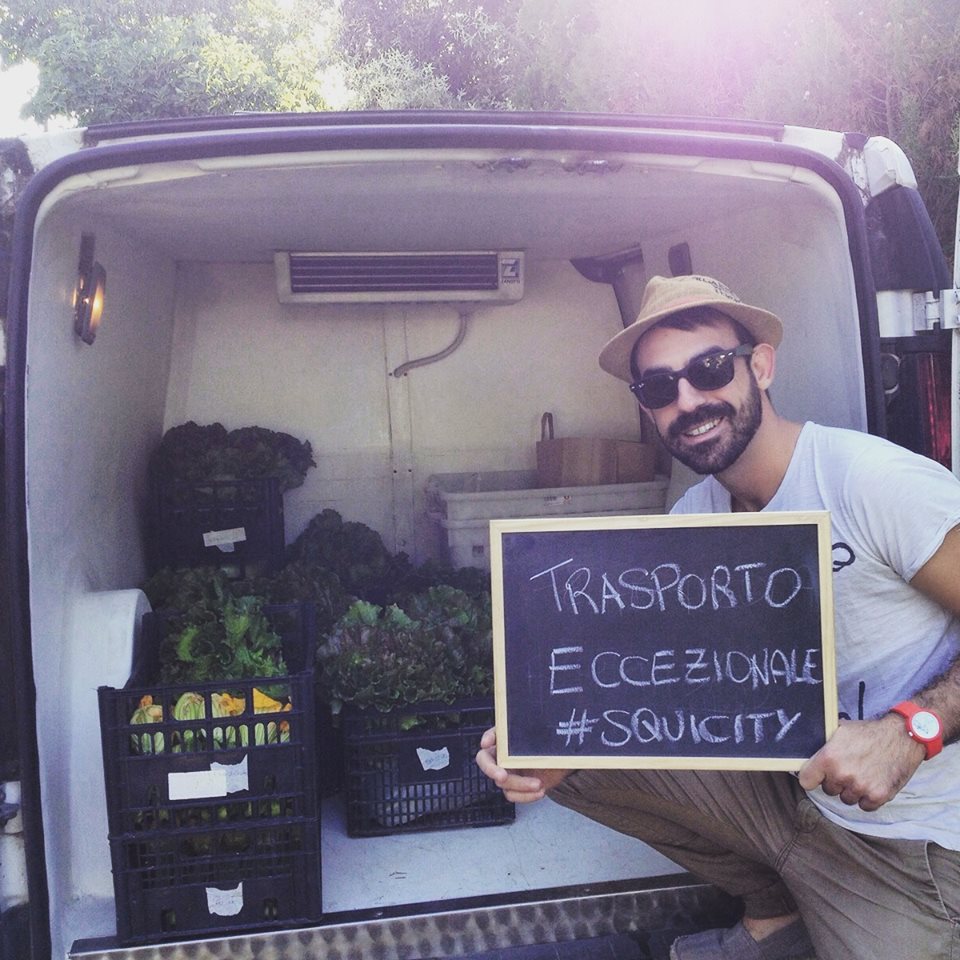
SQUICITY – SPERIMENTARE LA FILIERA CORTA DEL CIBO A ROMA
Con la crescita del fenomeno dell’e-commerce, sempre più persone scelgono di acquistare ogni tipo di prodotto su internet. Squicity utilizza la piattaforma virtuale per fornire ai consumatori romani i prodotti

Szatyorbolt – Buy and consume local
Szatyorbolt has been operating an association and a food shop within a Community Supported Agriculture (CSA) scheme for the past 9 years. The shop’s aim is to bring local produce
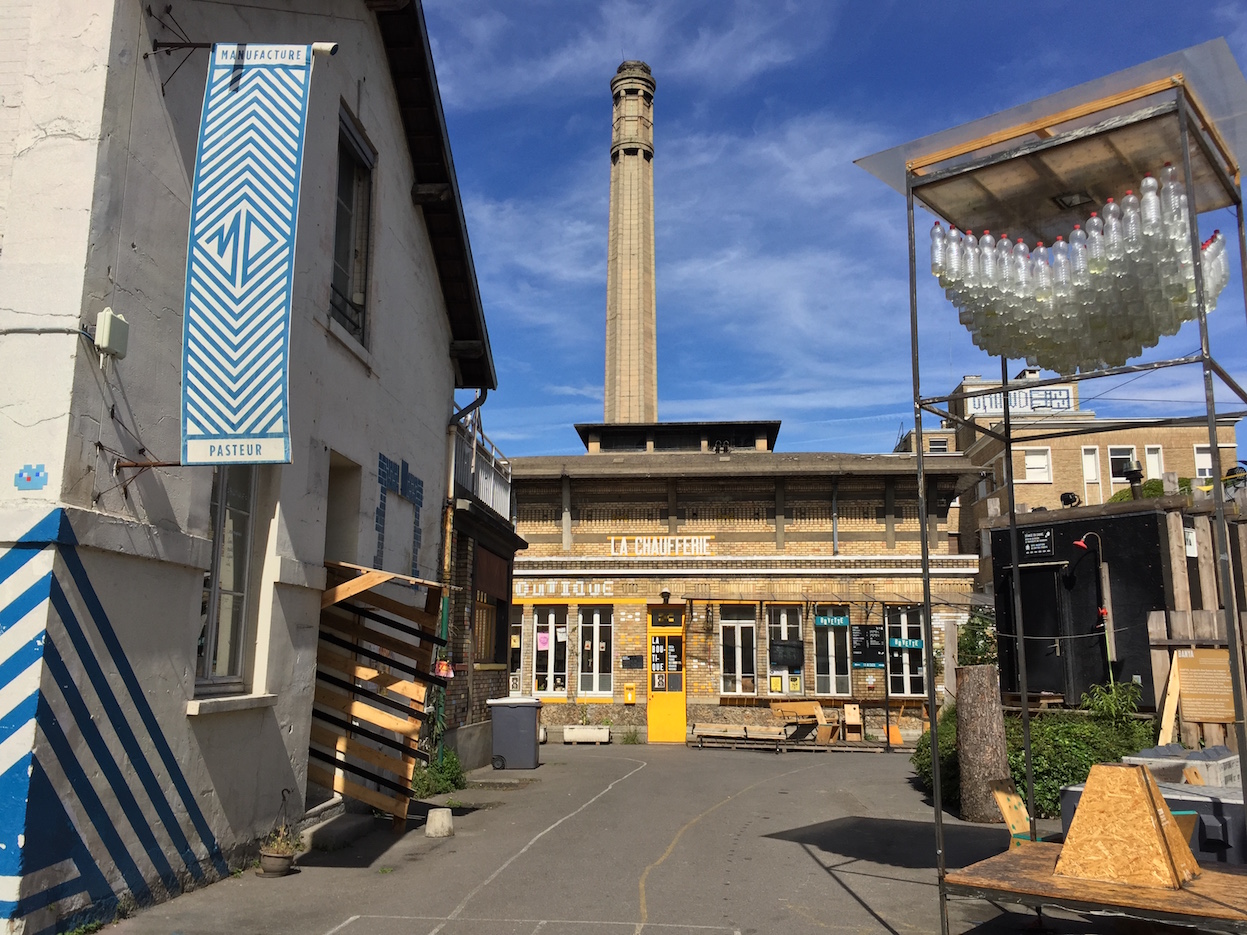
Plateau Urbain – Temporary use for new ecosystems of work
Plateau Urbain is a temporary use organisation in Paris. Established in 2013, it examines the possibilities of vacant spaces in the city, bringing together property owners with a diversity of
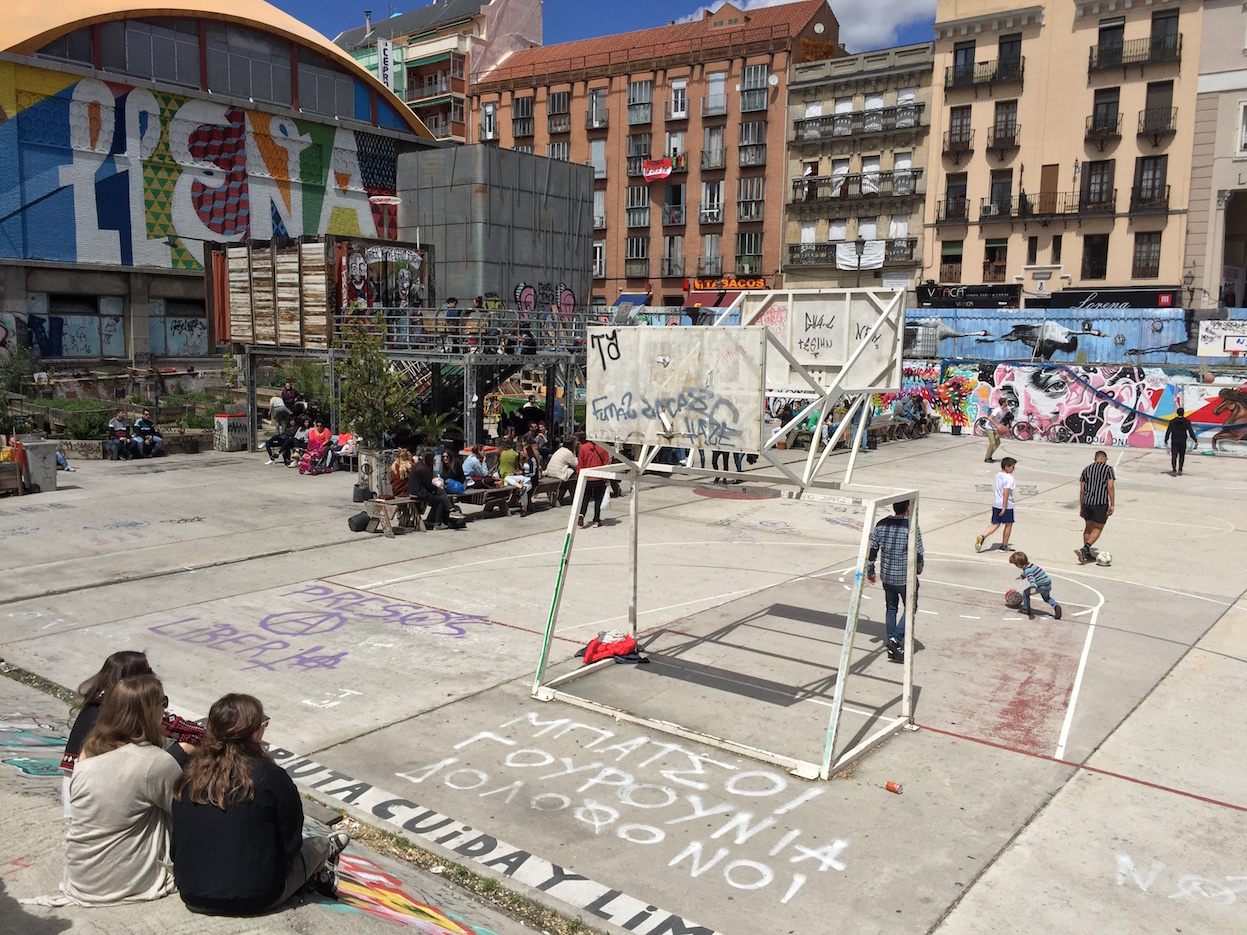
PIGS, from crisis to self-organisation
Southern European countries were among the hardest hit by the 2008 economic crisis. In response to the economic pressure, declining public services and drastic unemployment situation generated by the crisis
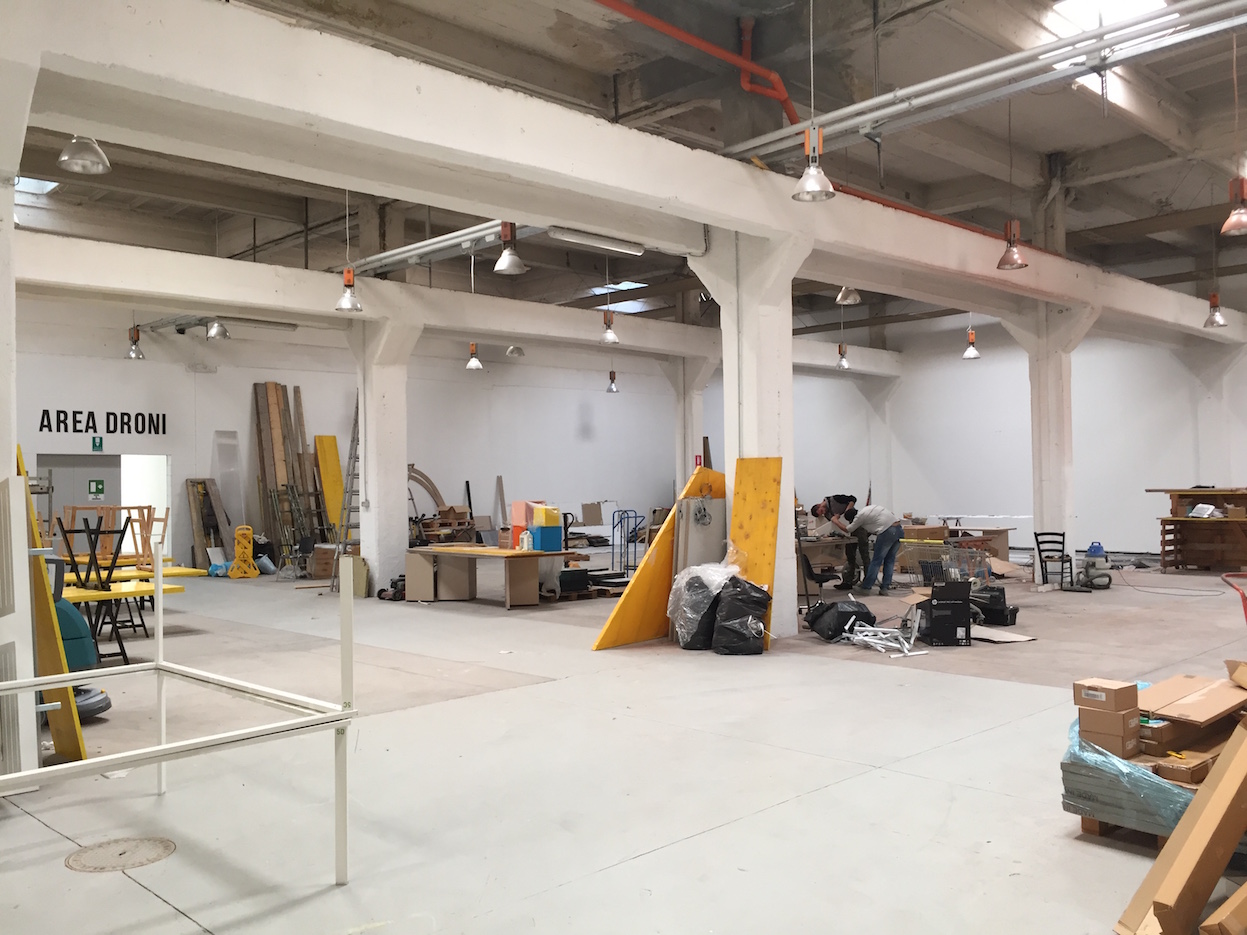
Toolbox Torino – Spaces for work, made of community and stimuli
Toolbox was established in 2010 in an industrial zone of Turin. In the city’s postindustrial search for new identity and new jobs, Toolbox emerged as a new workspace for the

